A staggering 53 women have died by violence in Australia this year. Last month, five were killed in nine days.
There are mornings when you must brace yourself to turn on the TV, or pick up a newspaper, in anticipation of another photo staring out from the front page, another name, another footnote to a life cut short.
“We’re not winning this,” Micaela Cronin, Australia’s federal domestic, family and sexual violence commissioner, told workers and activists at the Stop DV conference in Hobart earlier this week. “We’ve had a terrible year.”
It was a confronting admission from a woman who has been charged with not only reducing but leading the campaign to completely eliminate violence against women in Australia within the space of a single generation.
“We need to be a bit humble about accepting that, alright, we don’t have the answers yet.”
We need to be a bit humble about accepting that, alright, we don’t have the answers yet.
Commissioner Cronin was appointed in November last year by Prime Minister Anthony Albanese, and we sat down for a stolen half an hour during the conference.
She is a contradictory character. Even as she lists her concerns at the failures, and her empathy for those who are failed, she exudes a sense of positivity. The commissioner wears her power lightly, and is determinedly accessible. She is a third generation social worker, and proud of that heritage. While we talk at our low table in the coffee lounge, she recognises a few of the conference attendees, who give her a wave and a smile, which she returns.
She is as frustrated by the lack of progress as anyone, and shares the impatience felt by many attending the conference at media coverage of the issue. The dramatising of women’s murders, accompanied by a short outpouring of grief, with another cycle of outrage and reaction to follow. She describes the system as embattled, and says: “that’s what happens when a system feels under attack all the time. People get very defensive of the way they do things, or the way they perceive solutions.”
I ask her: Do those in the higher echelons of government understand the urgency of the situation?
“Not enough, I don’t think,” answers Cronin, “And there are a lot of competing priorities. There’s a sense that this is an overwhelmingly complex problem, and are we ever going to be able to solve it? I think that’s partly why.”
There’s a sense that this is an overwhelmingly complex problem, and are we ever going to be able to solve it?
She says her job is to “hold onto hope.”
“Because it is possible. There have been examples in communities where interventions have made a huge difference, and levels of violence have decreased.”
Too often, though, those programmes aren’t sustained because they’re led by individual people, and when they move on, the programme folds. Or the money runs out.
She worries the sector is too fragmented. “There is real expertise in the sector, and it’s not well shared or valued. The system is siloed at every level.”
There is real expertise in the sector, and it’s not well shared or valued. The system is siloed at every level.
Despite the horror statistics, she has observed two “big and encouraging” shifts.
First, she says, is the centering of ‘lived experience’ in the sector. Ensuring that at every level, survivors of violence are meaningfully engaged and listened to. Her commission is currently recruiting 12 members for a Lived Experience Advisory Council.
Cronin believes that people’s personal stories can cut through ideology. “There’s a lot of ideological analysis of what the problem is. That’s important – and analysis of the patriarchy is important, as is a feminist analysis – but it doesn’t give all the answers. And there are times when white, middle-class feminists haven’t got it right. And we need to listen to the communities about what’s not working for them, and what does work.”
There are times when white, middle-class feminists haven’t got it right.
If ideology is getting in the way, with its focus on patriarchal structures, and gender inequality, then Cronin wants the sector to challenge itself to do things differently, and re-think the dominant narrative. “We need to be listening more, and we need to be acknowledging and recognising more.”
She cites the lived experience of the revolutionary Jayke Burgess. A day previously he’d held a standing-room-only presentation – describing terrible experiences of domestic violence within the trans community, and systemic failures around them. He is a married trans queer man who himself experienced domestic violence for many years mostly while he still presented as female.
Cronin says, “It was incredible Jayke getting up yesterday. One of the extraordinary things was the whole room being prepared to listen to him talk about a woman as the violent offender. And that’s what I mean about lived experience being so powerful.”
She continues, “If I got up, and did that, I’d get torn down. The response would be ‘we need to be talking about men using violence, not women using violence.’ That’s not very kocher. And I have enormous respect. I talked to Jayke about it. The courage it takes. People are continually prepared to put themselves out there, and I’m really impressed by that.”
“It’s messy. I’ve had men talk to me about the coercive control they’ve experienced. The abuse. If we don’t enable conversations like that, most of the community can’t see themselves in the debate.”
The commissioner has a soft spot for disruptors. And a penchant for the theatrical. After levelling the room with her declaration ‘we’re not winning’, she later asked for a show of hands from the men in the room – which revealed there really weren’t many. A handful among hundreds of women. She thanked them for being there, thanked them for their service.
And that takes us to her second “big and encouraging” shift. Spoiler alert: it’s about blokes.
Cronin asserts, “..to shift the dial, to have an impact, we absolutely need to have a different conversation about, and with men.”
She continues, “I’m increasingly hearing from professionals who’ve spent their career working on the issue, that they can’t keep women safe. They’re just moving women around. So, how do we work with men differently. How do we understand more about men who use violence. It’s not very easy for people to talk about.”
Examples echo across the conference rooms of the system handling badly those whose experiences fall outside the dominant narrative.
The boy who rings a DV hotline for help, only to be asked if he’s a perpetrator. The lesbian woman who’s asked by a refuge how long her husband has been beating her. The young woman from a Moslem background who’s asked to translate in court for her father, when she is the one who had brought charges against him for sexual assault. The victim survivor who waits six years to see her rape dealt with by the courts. The indigenous woman who was misidentified as the primary aggressor, under new coercive control laws.
So, to return to the Commissioner’s opening comments at conference, does it still feel ‘winnable’ to her?
“I think it’s winnable if we are a bit prepared to be humble about not having the answers. We need to recognise we don’t have agreement on what the problem is. It impacts on different communities in different ways. …it’s going to take people from different disciplines, different expertise, listening humbly and working together…”
Do you need to speak to someone about domestic violence? Call 1800 RESPECT
Want more stories like this? Sign up to PRIMER’s free weekly newsletter




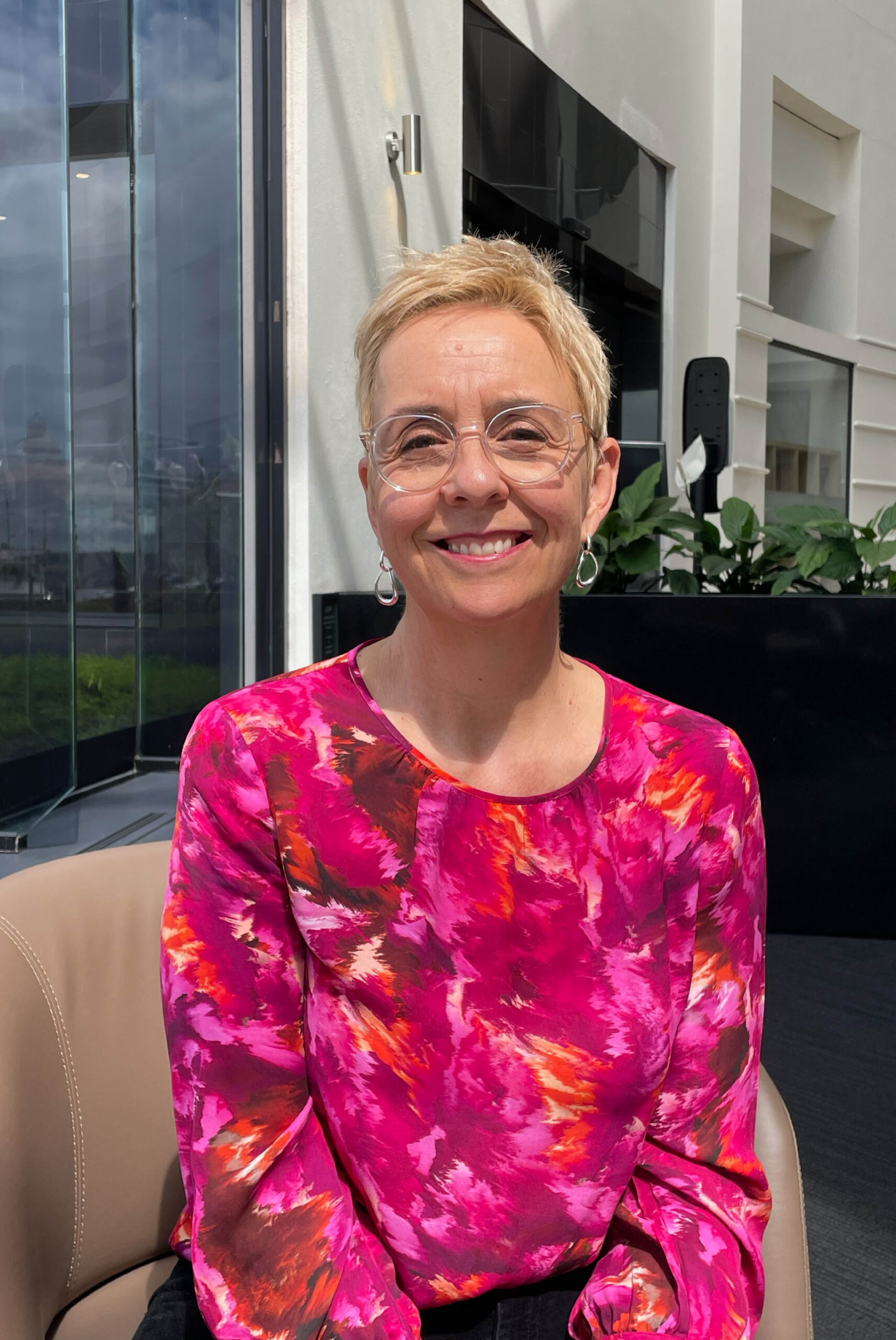
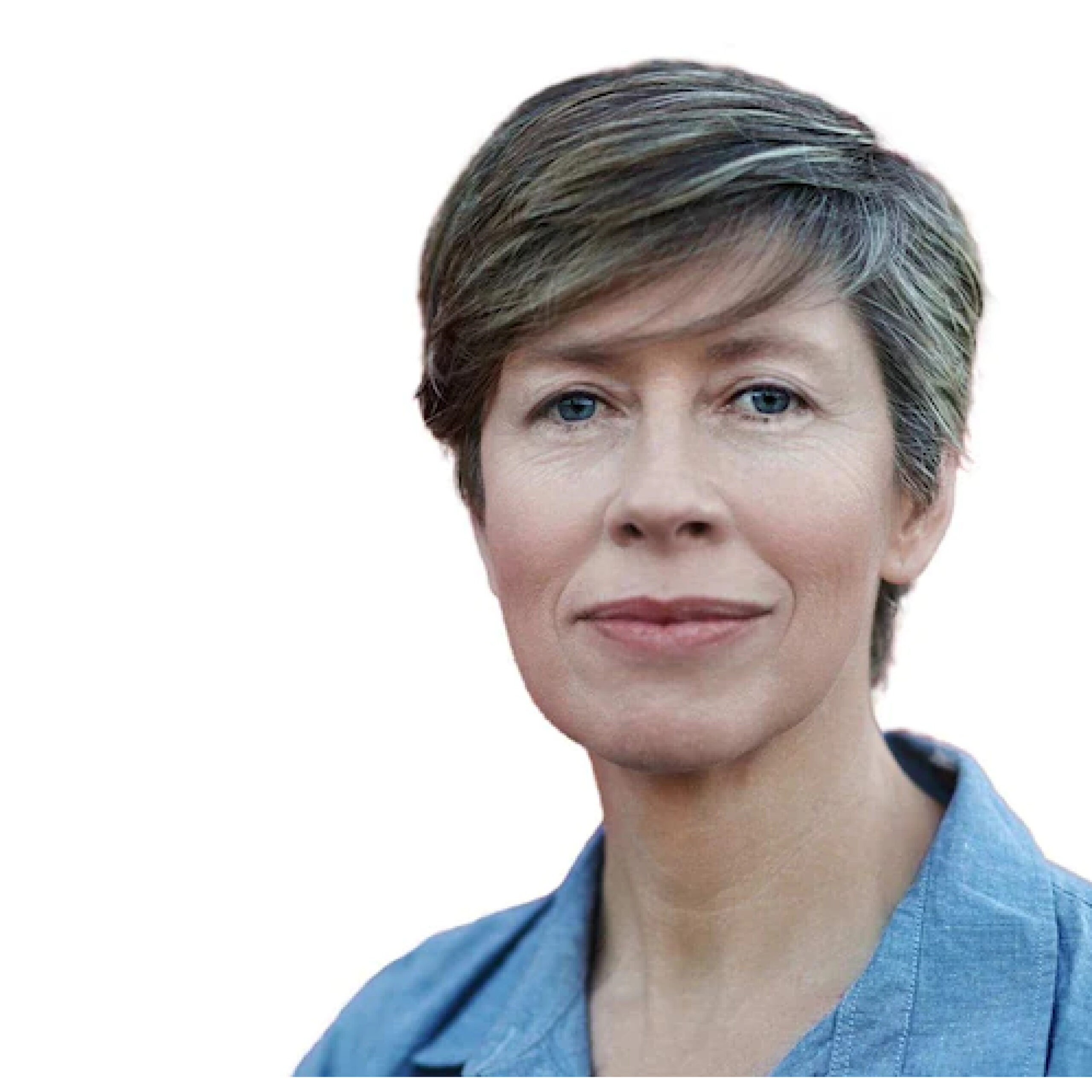

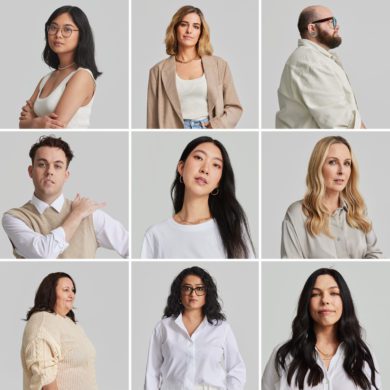
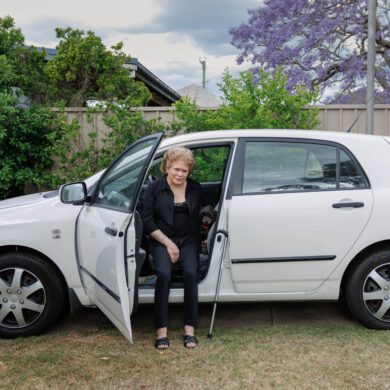
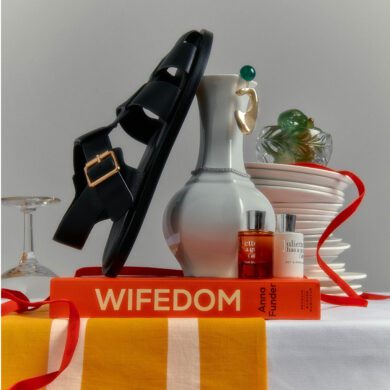

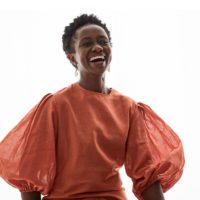

No Comments